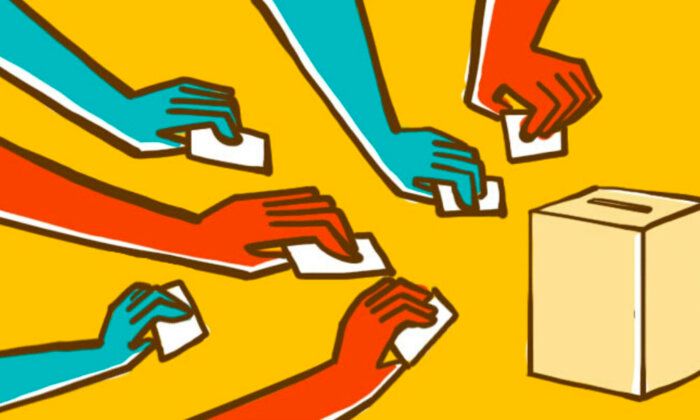Arnav Das
@arnav7.bsky.social
1.7K followers
12K following
790 posts
I try to "Observe, Reflect and Explore around" in different ways
My posts here will be a mishmash of personal opinions and smol curious excursions..
Posts
Media
Videos
Starter Packs
Pinned
Arnav Das
@arnav7.bsky.social
· Oct 19
Reposted by Arnav Das
Reposted by Arnav Das
Reposted by Arnav Das
Reposted by Arnav Das
Reposted by Arnav Das
Arnav Das
@arnav7.bsky.social
· 16h
Reposted by Arnav Das
Reposted by Arnav Das
Reposted by Arnav Das
Reposted by Arnav Das
Reposted by Arnav Das
Reposted by Arnav Das
Reposted by Arnav Das
Reposted by Arnav Das


















